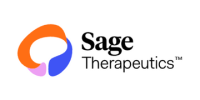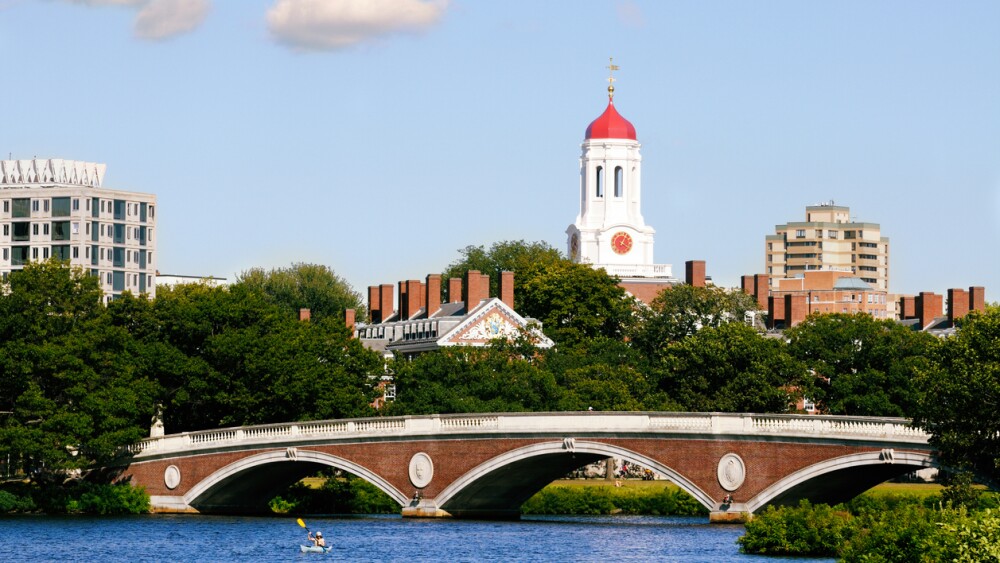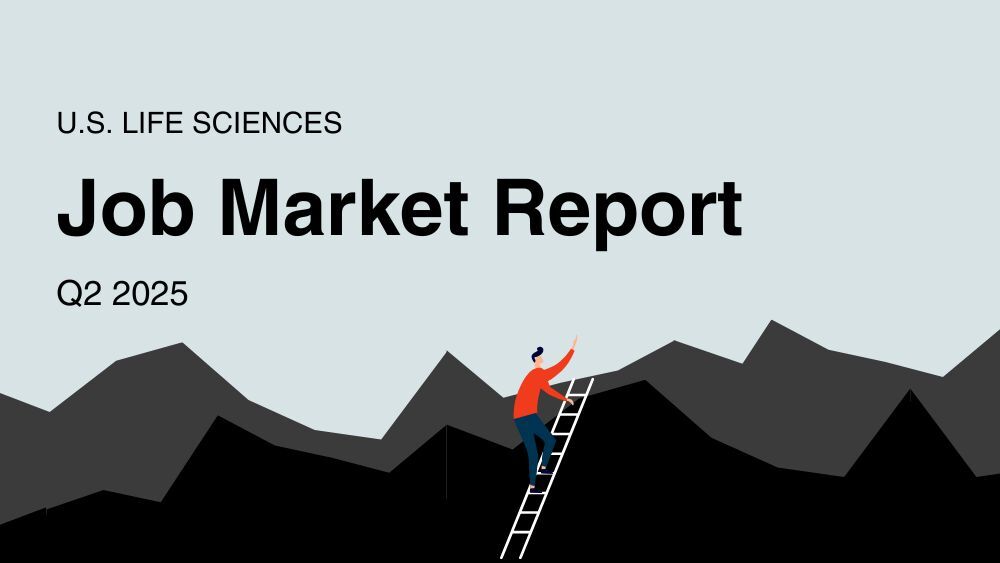
Sage Therapeutics
These deals radically reshaped the biopharma world, either by one vaccine rival absorbing another, a Big Pharma doubling down after another failed acquisition or, in the case of Pfizer and Novo, two heavyweights duking it out over a hot obesity biotech.
Massachusetts biopharma workforce growth was fairly flat last year, and R&D and manufacturing employment declined, according to a new MassBio report. BioSpace data further highlight challenges facing the state, showing roughly 2,300 people out of work in 2025 and jobs live on the website falling.
BioSpace data show biopharma professionals faced increased competition for fewer employment opportunities during the second quarter of 2025, with increased pressure from further layoffs.
The number of employees laid off and companies letting people go increased year over year during the first half of 2025. BioSpace recaps the five largest layoff rounds, including cuts at Bayer, BMS and Teva.
After the FDA rejection of Zurzuvae in one type of depression and the triple failure of neuro asset dalzanemdor, Sage was searching for a path forward at the end of December 2024. Biogen CEO Chris Viehbacher spied a possible deal, but the smaller company wasn’t interested.
Another patient has died from acute liver failure after receiving Sarepta’s gene therapy for DMD ; After a quiet start to the year, M&A is back with one deal for a gene editing biotech reinvigorating that sector; and RFK Jr. installs a suite of new vaccine board members who share his skeptical views on vaccines.
Stifel analysts said the deal “feels like an unremarkable outcome for a company that was once one of the hottest stories in CNS.” Supernus’ offer beats Biogen’s unsolicited bid of about $7.22 per share, which arrived with a thud in late January.
Biogen’s effort to buy Sage against the board’s wishes and a long-time effort by investor Alcorn to scuttle Aurion’s IPO underscore the cutthroat nature of biopharma dealmaking.
The J.P. Morgan Healthcare Conference started off with a flurry of deals that reinvigorated excitement across the biopharma industry. Johnson & Johnson moved to acquire Intra-Cellular Therapies for $14.6 billion, breaking a dealmaking barrier that kept Big Pharma’s 2024 biotech buyouts to under $5 billion.
JOBS
IN THE PRESS











